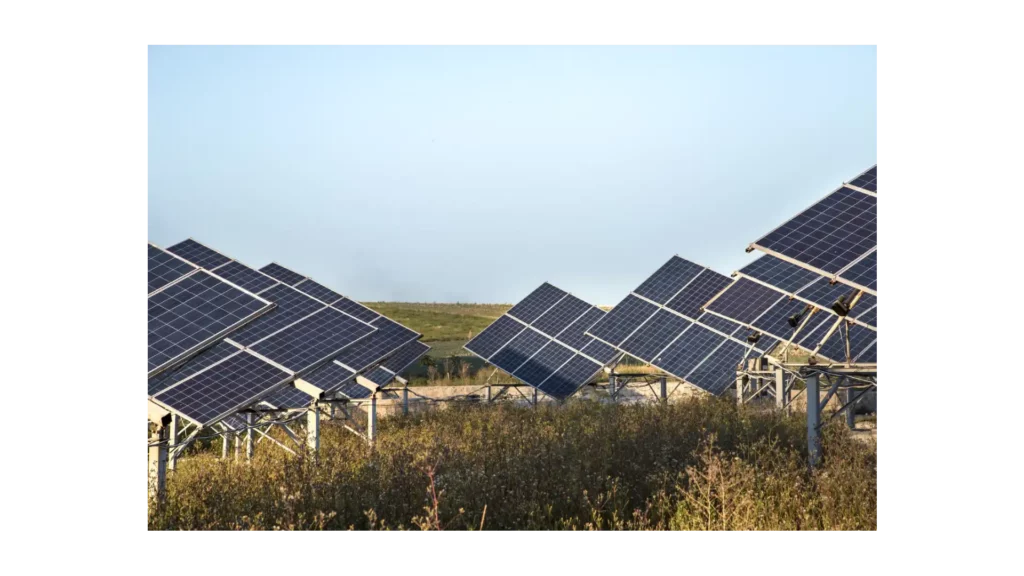Solar energy has emerged as a game-changer in the realm of sustainable power generation. At the forefront of this renewable energy revolution are 72 cell solar panels, renowned for their remarkable energy-producing capabilities.
This comprehensive guide is dedicated to delving deeply into the world of 72 cell solar panels, exploring their intricacies, advantages, diverse applications, and their role in shaping our sustainable energy future.
What Are 72 Cell Solar Panels?
Before we plunge into the details, let's establish a fundamental understanding solar energy efficiency is enhanced by 72 cell solar panels, which play a crucial role in converting sunlight into electrical energy. They are integral PV module components, designed for optimum performance.
What distinguishes these panels from their smaller counterparts is their remarkable configuration of 72 individual solar cells. This design significantly boosts their power output and enhances their capacity for energy generation.
Typically arranged in a 12×6 layout, these solar cells effectively harness sunlight to produce electricity. With more cells, the panel absorbs more sunlight and increases its power rating. 72 cell solar panels are ideal for high-energy production, advancing solar efficiency.
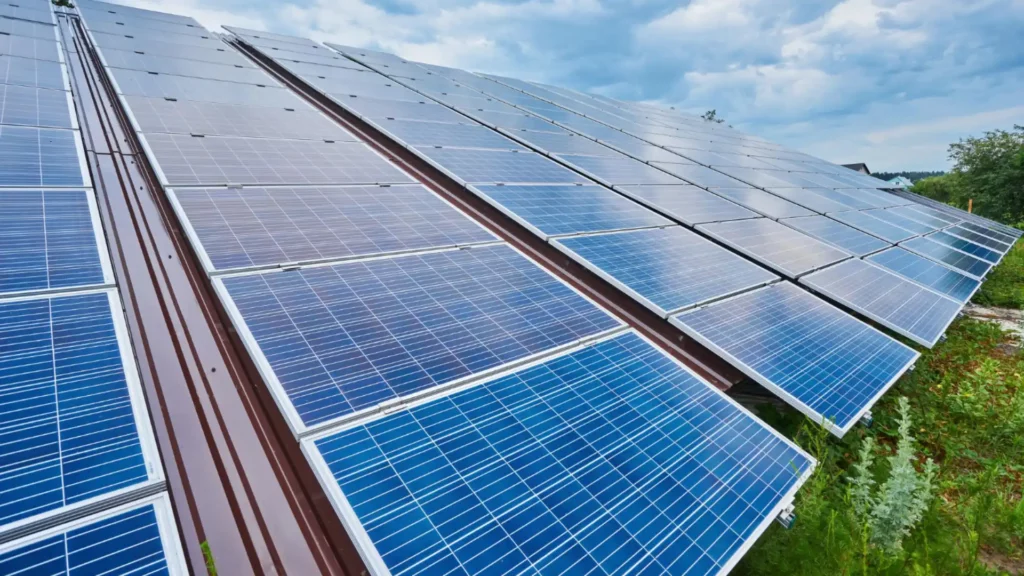
Advantages of 72 Cell Solar Panels
Understanding the advantages of 72 cell solar panels is essential for appreciating their role in the renewable energy landscape:
- Higher Power Output: The most evident advantage of 72 cell solar panels is their ability to produce significantly more electricity than conventional panels. This heightened power output is particularly advantageous for projects where space is not a limiting factor.
- Enhanced Efficiency: 72 cell panels are renowned for their high efficiency in converting sunlight into electrical energy. This means they can generate more power from the same amount of sunlight compared to lower-efficiency panels.
- Space-Efficiency: Due to their increased power output, fewer 72 cell panels are required to meet the same energy demands. This space-efficiency makes them ideal for installations with limited available area.
- Durability and Longevity: These panels are engineered to withstand harsh environmental conditions, ensuring a longer lifespan and a more substantial return on investment for users.
- Cost Savings: Although 72 cell solar panels may have a higher upfront cost, their increased power generation capacity means that fewer panels are needed for a given project, leading to reduced installation costs in terms of labor, racking, and mounting structures.
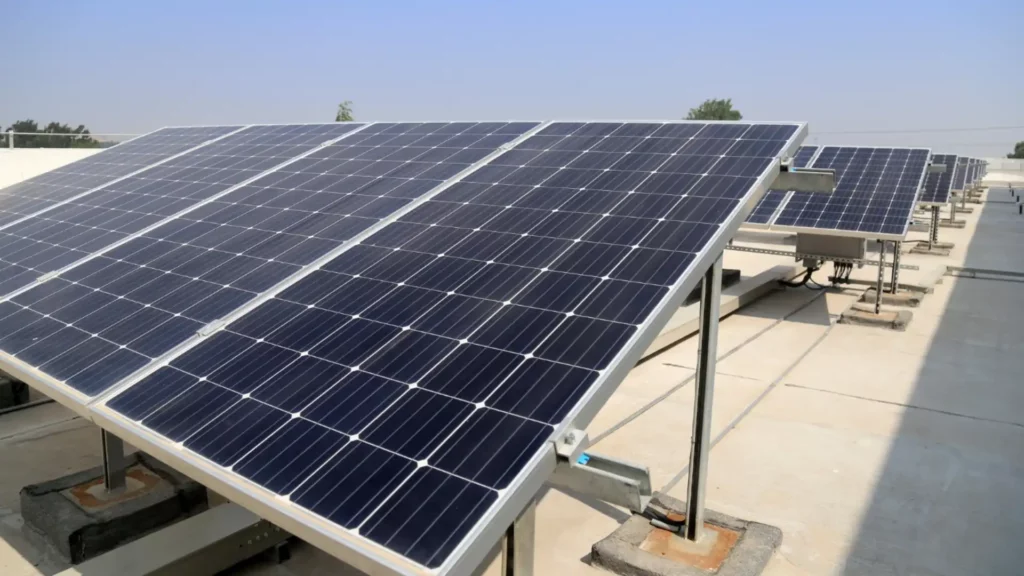
Applications of 72 Cell Solar Panels
The versatility of 72 cell solar panels is evident in their diverse applications across various sectors:
- Residential: Homeowners with ample roof space often opt for 72 cell panels to maximize energy production, reduce electricity bills, and contribute to a sustainable future.
- Commercial: Businesses can harness the potential of these panels by generating their clean energy, thus reducing operational costs and showcasing their commitment to environmental responsibility.
- Industrial: Large factories and manufacturing facilities can benefit from 72 cell solar panels to meet a substantial portion of their energy requirements, leading to considerable savings.
- Agriculture: In the agricultural sector, these panels can power irrigation systems, machinery, and farmhouses, decreasing reliance on grid electricity and reducing operational costs.
- Off-Grid Installations: Remote areas and off-grid applications, such as remote cabins, telecommunications towers, and scientific research stations, can significantly benefit from the high efficiency and power output of 72 cell solar panels.
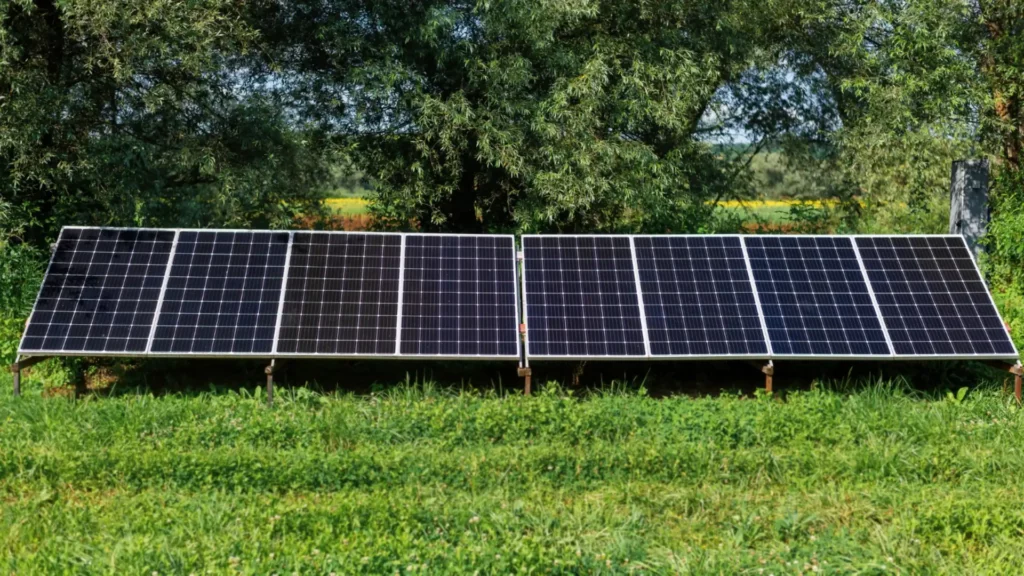
Key Features of 72 Cell Solar Panels
To make informed decisions about utilizing 72 cell solar panels, it's essential to delve into their key features and specifications:
- Cell Configuration: As previously mentioned, these panels typically feature a 12×6 cell configuration, resulting in a total of 72 individual solar cells.
- Physical Size: The larger physical size of 72 cell panels distinguishes them from their smaller counterparts and makes them suitable for projects with ample available space.
- Output Voltage: It's worth noting that 72 cell panels may produce a higher output voltage compared to standard panels, necessitating careful consideration when selecting inverters for efficient energy conversion.
- Warranty: Manufacturers often offer extended warranties on 72 cell solar panels, which reflect their confidence in the durability and reliability of these panels.
- Compatibility: It is crucial to ensure compatibility with the specific mounting and inverter requirements of your project when considering 72 cell panels for installation.
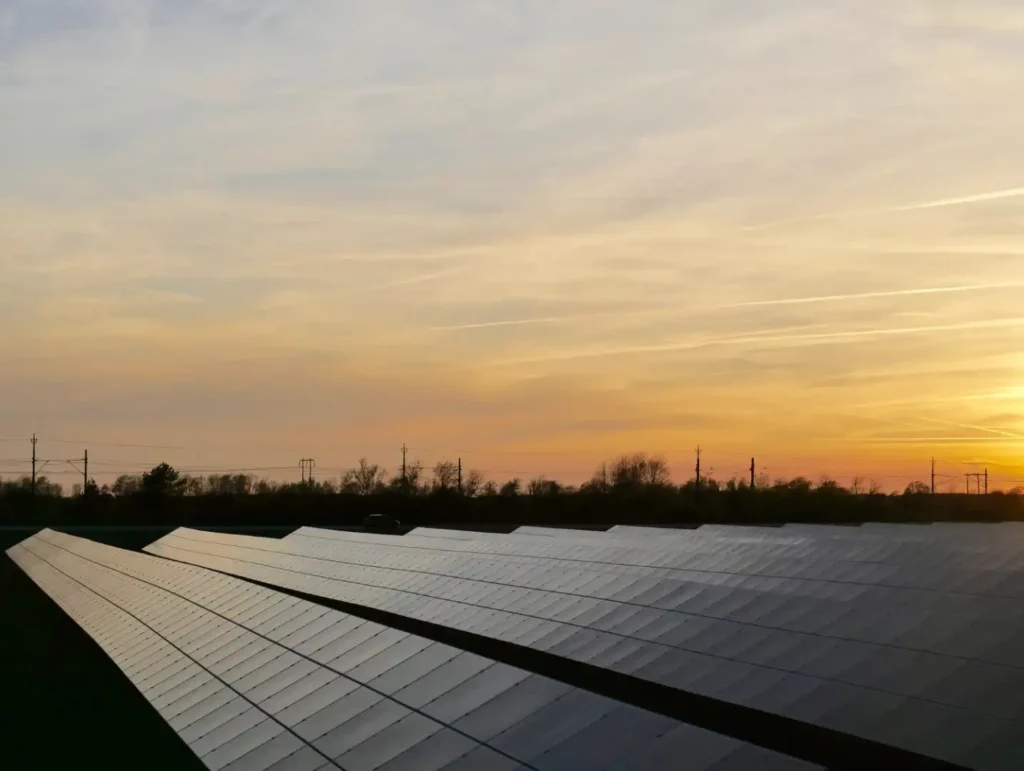
Efficiency and Power Output
The efficiency and power output of 72 cell solar panels are attributes that set them apart in the solar energy market. These panels are capable of achieving impressive efficiencies of up to 22%.
This means they can convert a significant portion of the sunlight they capture into usable electricity, ultimately resulting in a higher power output per square foot compared to traditional panels.
This enhanced efficiency not only makes 72 cell panels suitable for energy production in regions with limited sunlight but also positions them as an ideal choice for those looking to maximize energy yield in any environment.
72 Cell Solar Panels Installation and Maintenance
Efficient installation and meticulous maintenance are crucial to ensuring the optimal performance and longevity of 72 cell solar panels. Here are some key considerations:
- Roof Strength: Prior to installation, it is imperative to assess the structural integrity of the roof. The increased size and weight of 72 cell panels may require reinforcement.
- Optimal Orientation: Proper orientation and tilt angle are essential to maximize energy production. Installers must consider the sun's path and the panel's placement to achieve optimal results.
- Regular Cleaning: Routine cleaning and maintenance are vital to keeping the panels free from dust, debris, and shading. This ensures unimpeded sunlight exposure and sustained efficiency.
- Inverter Selection: Due to their higher output voltage and power, 72 cell panels may require specialized inverters that can efficiently handle their unique electrical characteristics.
- Professional Installation: For safety, regulatory compliance, and optimal performance, it is highly recommended to enlist the services of certified solar installers with experience in handling 72 cell solar panels.
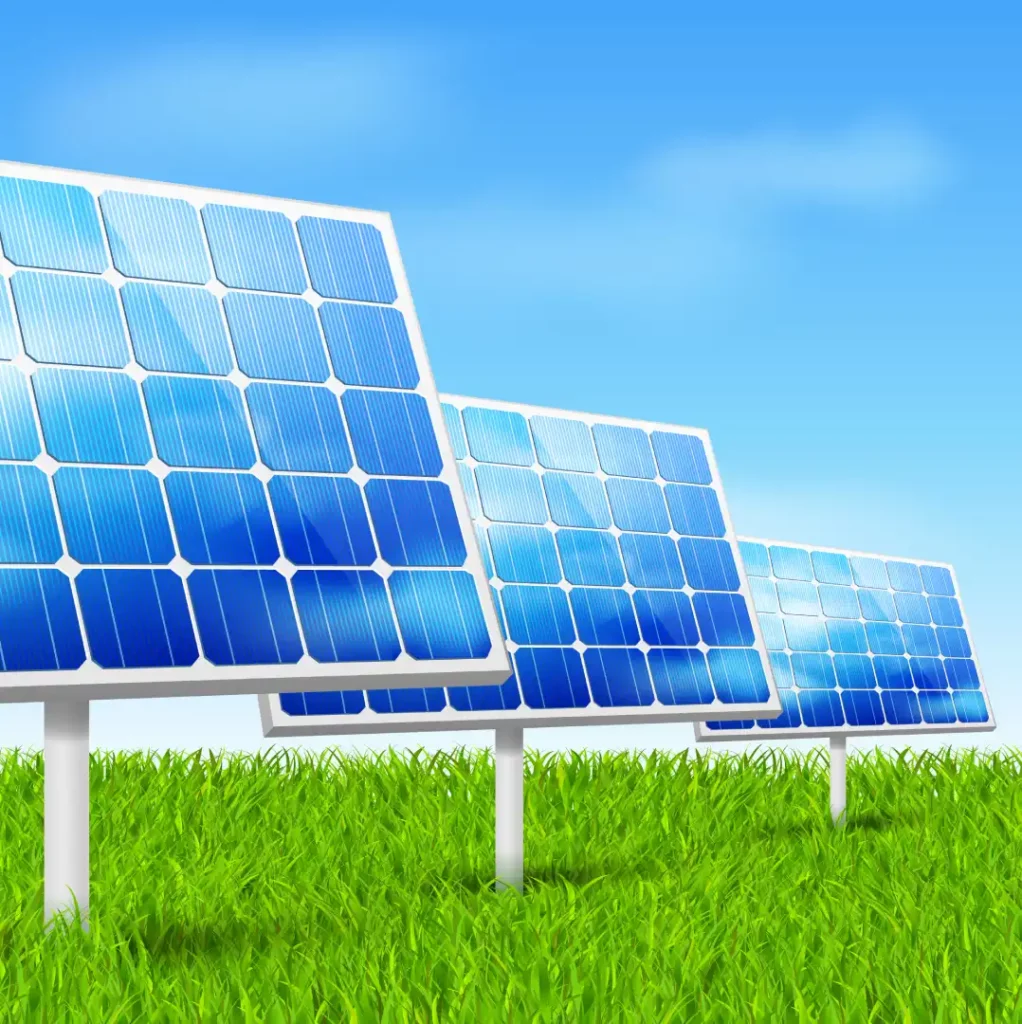
Environmental Benefits of Solar Energy
When it comes to the environmental benefits of solar energy, it's crucial to recognize how 72 cell solar panels contribute uniquely to these benefits:
- Land Use Efficiency: 72 cell solar panels excel in land use efficiency, generating more electricity per square foot compared to standard panels
- Resource Conservation: Choosing 72 cell solar panels results in a more efficient use of raw materials per unit of electricity generated, reducing the overall environmental footprint of solar panel production.
- Reduced Transportation Emissions: The higher efficiency of 72 cell solar panels means fewer panels need to be manufactured and transported to achieve the same energy output.
- Lower Lifecycle Carbon Footprint: Over their operational lifespan, 72 cell solar panels have a lower carbon footprint compared to standard panels.
- Air Quality Improvement: Adopting 72 cell solar panels reduces the reliance on fossil fuels for electricity generation, resulting in improved air quality, reduced air pollution, and better respiratory health for nearby communities.
- Biodiversity Conservation: The efficient land use of 72 cell solar panels allows for their integration into landscapes with minimal disruption to local flora and fauna, promoting biodiversity conservation and preserving natural habitats.
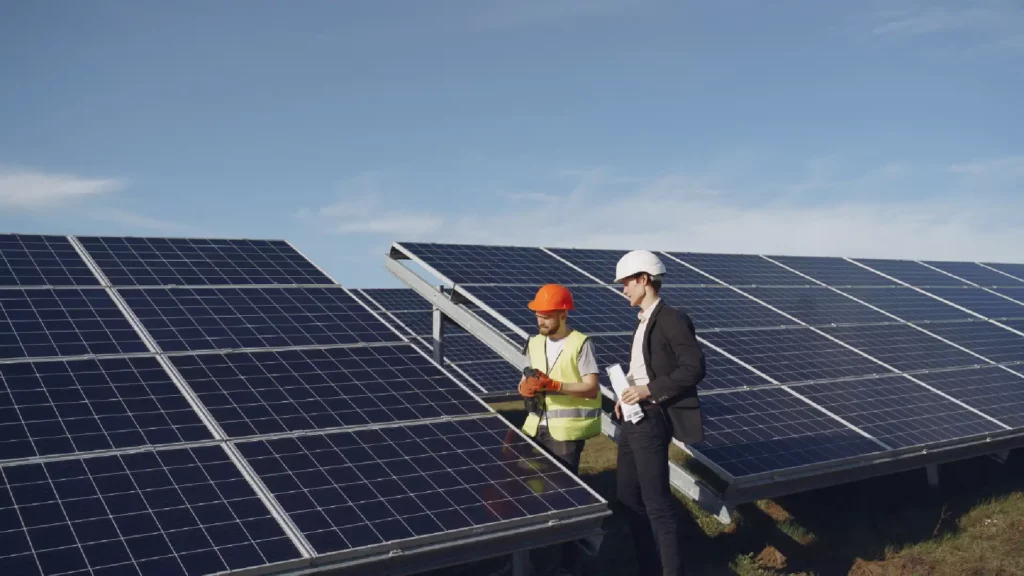
Mono PERC Solar Panel: The Cutting-Edge Technology
Mono PERC solar panels are a major breakthrough in the solar industry, maximizing energy generation and lasting long. Mono PERC joins monocrystalline cells and the Passivated Emitter Rear Cell design.
Advantages of Mono PERC Solar Panels
- Enhanced Efficiency: Mono PERC solar panels are renowned for their superior efficiency in converting sunlight into electricity.
- Higher Power Output: These panels can produce more electricity for a given area, making them a space-efficient choice for residential and commercial installations.
- Improved Durability: The passivation layer on the rear side of the solar cells reduces corrosion and improves resistance to environmental factors, ensuring a longer lifespan.
- Better Shading Tolerance: Mono PERC panels are less prone to power losses due to shading, making them an excellent choice for installations in areas with partial shading.
- Reduced Degradation: These panels typically experience slower degradation rates compared to conventional solar panels, ensuring consistent performance over time.
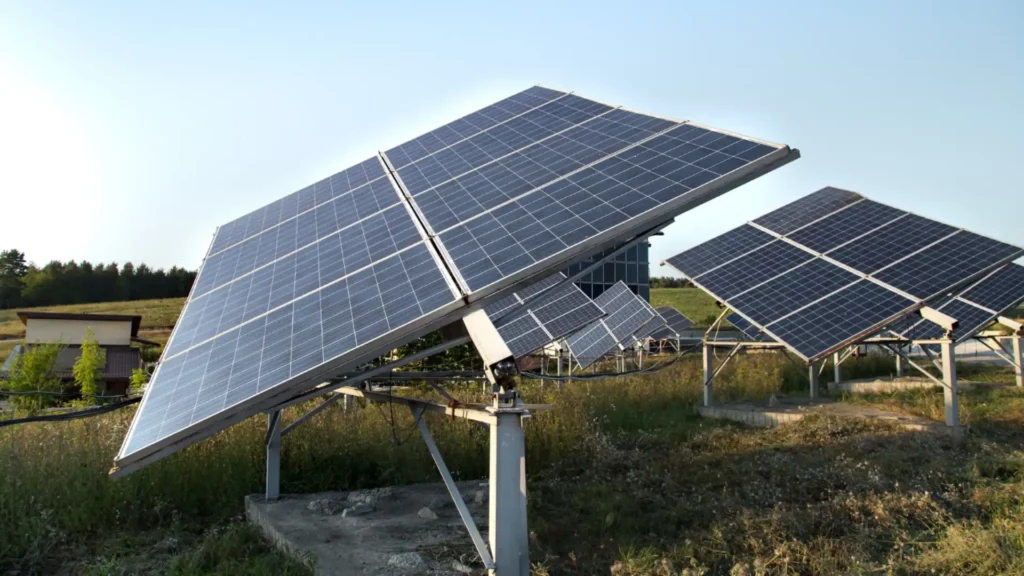
Recom Solar Panels Price Range
Recom solar panels are available in a range of models and capacities, each catering to specific energy needs and budget constraints. The pricing of Recom solar panels can vary based on several factors, including the panel's wattage, efficiency, technology, and additional features.
Factors Influencing Recom Solar Panels Price
- Wattage and Capacity: One of the primary factors that influence the Recom solar panels price is their wattage or capacity. Panels with higher wattage generally cost more due to their increased power output.
- Efficiency: The efficiency of a solar panel refers to its ability to convert sunlight into electricity. Recom offers panels with varying levels of efficiency, and more efficient panels may come at a premium price.
- Technology: Recom solar panels incorporate advanced technologies to enhance performance and durability. Panels equipped with cutting-edge features may be priced higher than standard models.
- Warranty: The length and terms of the warranty provided by Recom can impact the panel's price. Longer warranties often indicate the manufacturer's confidence in the panel's reliability.
- Installation Costs: It's essential to consider installation costs in addition to the panel's price. Professional installation ensures optimal performance and may affect the overall investment.
- Geographic Location: The cost of Recom solar panels may also vary based on your geographic location, as factors like shipping and local demand can influence pricing.
- Government Incentives: Be sure to explore available government incentives, rebates, and tax credits that can help offset the cost of Recom solar panels, making them more affordable.
- Supplier or Installer: The choice of supplier or installer can also impact the final price. Different suppliers may offer varying pricing structures and promotions.
Frequently Asked Questions (FAQs) about 72 Cell Solar Panels
Q1: How do 72 cell solar panels compare to smaller, traditional solar panels?
A1: 72 cell solar panels stand out due to their larger size and increased power output. They are designed to generate more electricity, making them an excellent choice for projects where space is not a limitation. While smaller panels have their place in residential applications, 72 cell panels are ideal for commercial, industrial, and larger-scale installations, where maximizing energy production is crucial.
Q2: Are 72 cell solar panels compatible with my existing solar system?
A2: Compatibility depends on your existing solar system's components and specifications. 72 cell panels may have different voltage and current characteristics compared to smaller panels. It's advisable to consult with a solar professional to assess compatibility and, if necessary, adapt your system accordingly.
Q3: What is the maintenance routine for 72 cell solar panels?
A3: Proper maintenance ensures the longevity and efficiency of 72 cell solar panels. Regularly clean the panels to remove dirt, dust, and debris. Periodic inspections should also be conducted to identify any potential issues such as loose connections or damaged components. Consider scheduling professional maintenance annually to ensure optimal performance.
Q4: Can 72 cell solar panels be used in off-grid installations?
A4: Absolutely. 72 cell solar panels are versatile and can be used effectively in off-grid installations. Their higher power output makes them especially suitable for powering remote cabins, water pumping systems, telecommunications infrastructure, and other off-grid applications, reducing reliance on fossil fuels.
Q5: What is the expected lifespan of 72 cell solar panels?
A5: 72 cell solar panels are built to last. They typically come with warranties ranging from 20 to 25 years, which is an indication of their durability. With proper maintenance and care, many panels continue to operate efficiently well beyond their warranty period, providing decades of clean energy.
Q6: Do 72 cell solar panels require a specific type of inverter?
A6: Yes, due to their higher voltage and power output, 72 cell solar panels may require inverters designed to handle their unique electrical characteristics. It's essential to select an inverter that matches the specifications of your panels for efficient energy conversion. Your solar installer can guide you in choosing the right inverter.
Q7: Can 72 cell solar panels be used in residential applications?
A7: While 72 cell solar panels are often associated with commercial and industrial installations, they can indeed be used in residential applications, provided you have sufficient roof or ground space. Homeowners with ample space looking to maximize their energy production and reduce electricity bills can benefit from these high-efficiency panels.
Q8: Are there any government incentives or tax credits for installing 72 cell solar panels?
A8: In many regions, governments offer incentives, tax credits, or rebates to promote the adoption of solar energy systems, including 72 cell solar panels. These incentives can significantly offset the initial investment cost, making solar installations more financially attractive. Check with your local authorities and consult with solar professionals to explore available incentives.
Q9: What is the environmental impact of manufacturing 72 cell solar panels?
A9: The environmental impact of manufacturing 72 cell solar panels is generally positive when compared to the long-term benefits of clean energy generation. While there is an initial energy investment in production, the panels produce clean electricity for decades, significantly offsetting their carbon footprint. Moreover, recycling programs exist to responsibly manage end-of-life solar panels.
Q10: How can I determine the optimal number of 72 cell solar panels for my specific project?
A10: Calculating the ideal number of panels for your project involves considering your energy consumption, available space, budget, and energy goals. It's best to work with a solar professional who can perform a site assessment and energy analysis to provide a customized recommendation tailored to your needs.
Final Thoughts
Adopting 72 cell solar panels is a significant step towards sustainability and energy independence. They offer increased output and efficiency and demonstrate a personal dedication to the environment.
With diverse applications, they address energy challenges and bring us closer to achieving green energy objectives.
This journey, powered by Mono PERC solar panels, aims to meet energy demands and create a cleaner future. Choosing 72 cell solar panels aligns with a vision of a renewable energy-powered world, investing in our planet's health and showing the impact of individual action on the environment.

